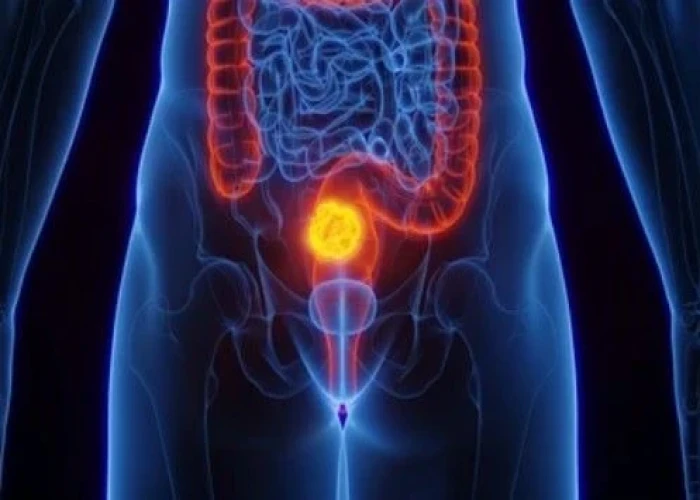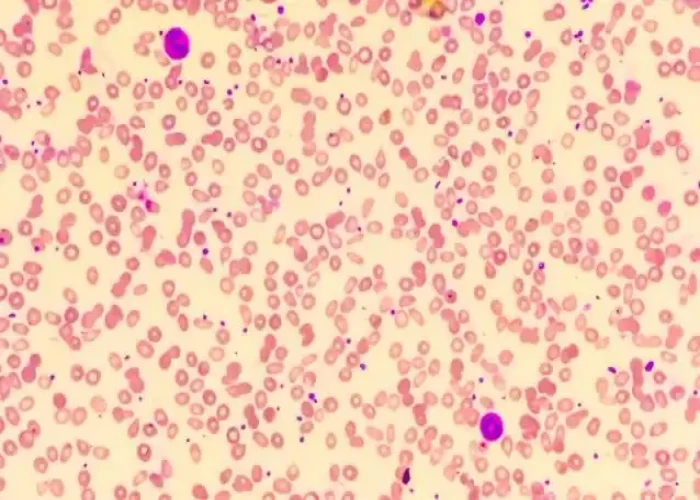 Welcome
Welcome
“May all be happy, may all be healed, may all be at peace and may no one ever suffer."
Galactorrhea

Galactorrhea is a medical condition that involves the production of breast milk in people who are not breastfeeding or pregnant. It can occur in both men and women and is usually a sign of an underlying hormonal imbalance.
The most common cause of galactorrhea is an excess of the hormone prolactin, which is produced by the pituitary gland in the brain. Prolactin is responsible for stimulating milk production in the breasts, and elevated levels can cause milk production to continue outside of pregnancy or breastfeeding.
Galactorrhea can be a symptom of several underlying conditions, including:
- Pituitary gland tumors
- Hypothyroidism or hyperthyroidism
- Medications that affect hormone levels, such as certain antidepressants or antipsychotics
- Chronic kidney failure
- Liver disease
Other potential causes of galactorrhea include breast stimulation or injury, chest wall inflammation, or certain medical conditions that affect hormone levels.
Treatment for galactorrhea will depend on the underlying cause. If the condition is caused by a pituitary tumor, for example, the tumor may need to be removed. Medications that lower prolactin levels may also be prescribed to help manage symptoms. In some cases, no specific treatment may be needed, and symptoms may improve on their own.
It is important to seek medical attention if you experience symptoms of galactorrhea, as it can be a sign of an underlying medical condition. A healthcare professional can help diagnose the condition and develop an appropriate treatment plan.
Research Papers
Disease Signs and Symptoms
- Nipple discharge
- One or both breasts affected
- Absent or irregular menstrual periods
- Headaches
- Blurred vision of eye
Disease Causes
Galactorrhea
Galactorrhea often results from having too much prolactin — the hormone responsible for milk production when you have a baby. Prolactin is produced by your pituitary gland, a small bean-shaped gland at the base of your brain that secretes and regulates several hormones.
Possible causes of galactorrhea include:
- Medications, such as certain sedatives, antidepressants, antipsychotics and high blood pressure drugs
- Opioid use
- Herbal supplements, such as fennel, anise or fenugreek seed
- Birth control pills
- A noncancerous pituitary tumor (prolactinoma) or other disorder of the pituitary gland
- Underactive thyroid (hypothyroidism)
- Chronic kidney disease
- Excessive breast stimulation, which may be associated with sexual activity, frequent breast self-exams with nipple manipulation or prolonged clothing friction
- Nerve damage to the chest wall from chest surgery, burns or other chest injuries
- Spinal cord surgery, injury or tumors
- Stress
Idiopathic galactorrhea
Sometimes doctors can't find a cause for galactorrhea. This is called idiopathic galactorrhea, and it may just mean that your breast tissue is particularly sensitive to the milk-producing hormone prolactin in your blood. If you have increased sensitivity to prolactin, even normal prolactin levels can lead to galactorrhea.
Galactorrhea in men
In males, galactorrhea may be associated with testosterone deficiency (male hypogonadism) and usually occurs with breast enlargement or tenderness (gynecomastia). Erectile dysfunction and a lack of sexual desire also are associated with testosterone deficiency.
Galactorrhea in newborns
Galactorrhea sometimes occurs in newborns. High maternal estrogen levels cross the placenta into the baby's blood. This can cause enlargement of the baby's breast tissue, which may be associated with a milky nipple discharge. This milky discharge is temporary and resolves on its own. If the discharge is persistent, the newborn should be evaluated by a doctor.
Disease Prevents
Disease Treatments
When needed, galactorrhea treatment focuses on resolving the underlying cause.
Sometimes doctors can't determine an exact cause of galactorrhea. Your doctor might recommend treatment anyway if you have bothersome or persistent nipple discharge. A medication that blocks the effects of prolactin or lowers your body's prolactin level could help eliminate galactorrhea.
Disease Diagnoses
Disease Allopathic Generics
Disease Ayurvedic Generics
Disease Homeopathic Generics
Disease yoga
Galactorrhea and Learn More about Diseases

Postherpetic neuralgia

Rectal cancer

Bone cancer

Anaphylaxis

Bronchiolitis

Glossitis (Inflammation of tongue)

Thrombocytosis

Umbilical hernia
galactorrhea, গ্যালাক্টোরিয়া
To be happy, beautiful, healthy, wealthy, hale and long-lived stay with DM3S.
